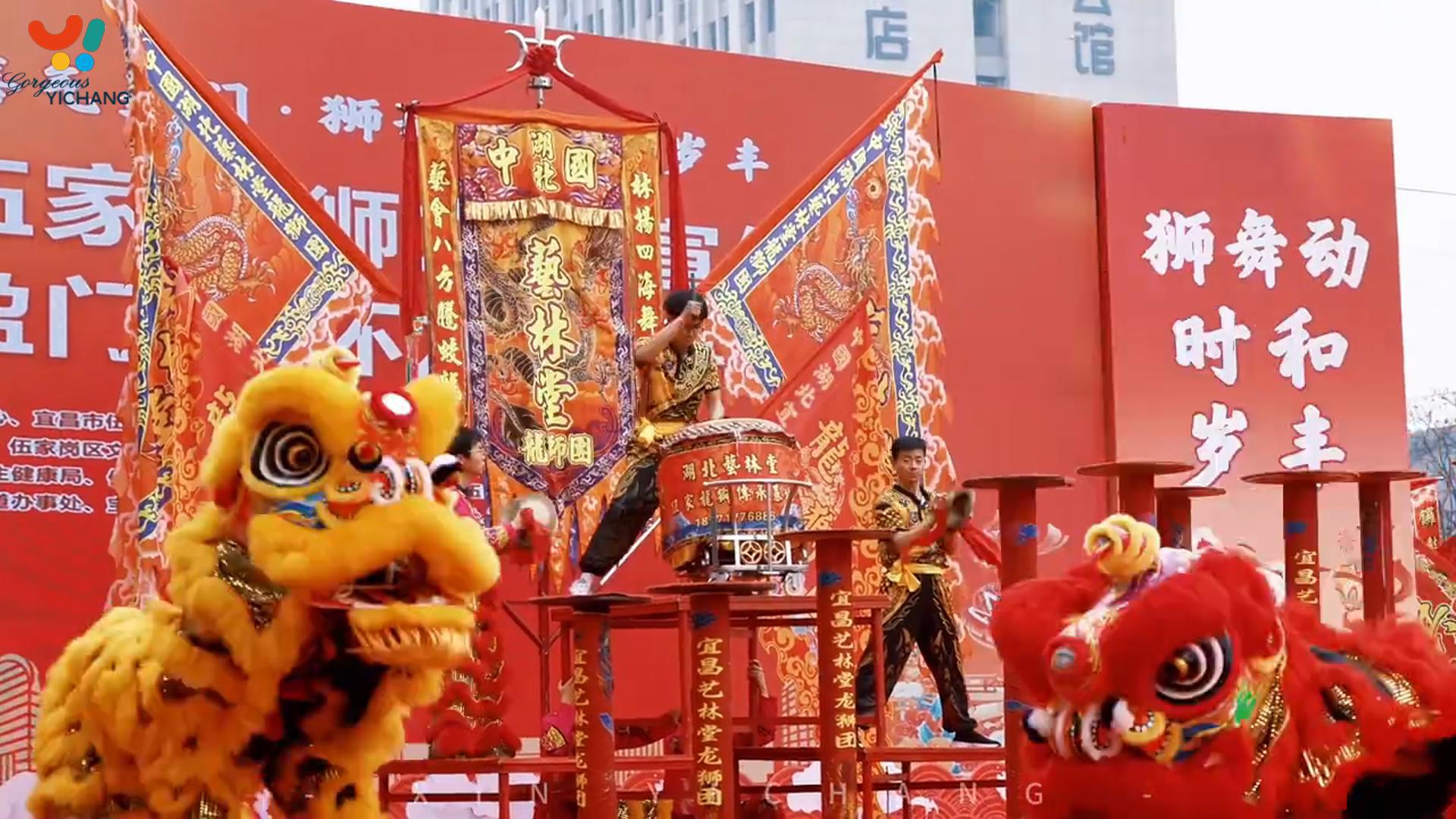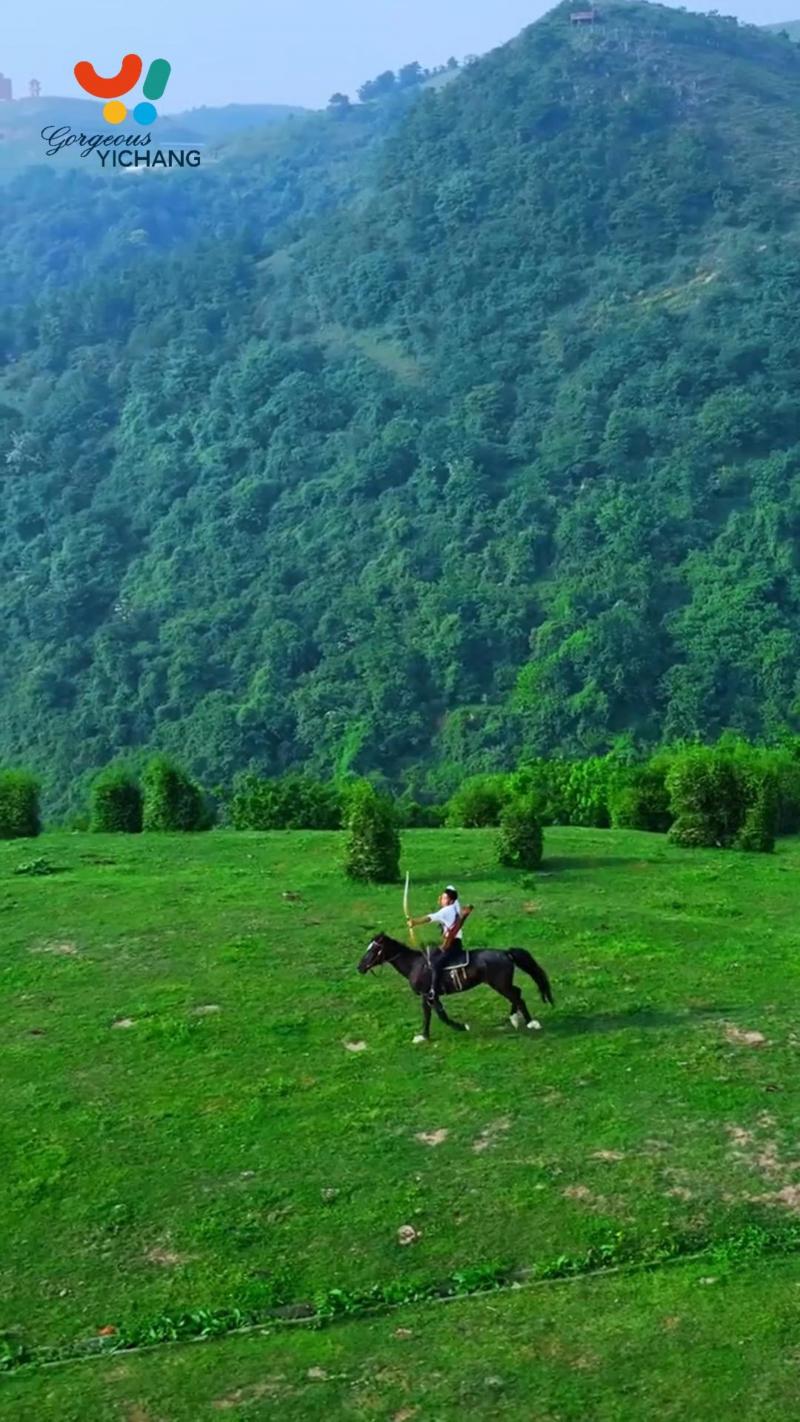The Three Gorges Reservoir garbage hunters
2022-11-18 21:11:52
By Ma Yuhan
Video taken by Zhang Quan
The alarm buzzes: 5:40 am. Time for Zhou Gonghu, a floating-garbage collector in the Three Gorges Reservoir Area, to get up and head out with his teammates for another cleaning shift on the Yangtze River. This is the 16th year his team has been cleaning up the river. They fish out garbage floating on the surface, and send it to a recycling plant to earn revenue. Some of the garbage is burnt to generate electricity, the rest made into cement.
"We've lived all our life along the river,” said Zhou, 59. “I hate to see it snarled up with garbage.”
Zhou explained that when construction of the Three Gorges Dam concluded in 2006, the river flow became much slower. This allowed garbage from the upper reaches of the Yangtze River – such as branches, plastic bottles, and foam boards – to accumulate in the dam area, floating on the surface and severely affecting water quality as well as ship navigation.
To restore the river to its earlier state, in April 2006 Zhou chipped in more than 20,000 yuan, a huge amount at that time, to buy a boat with friends and start a garbage collection business. More than a dozen fishermen in his village formed the first floating-garbage cleaning team in the Three Gorges Reservoir area. Sixteen years later, they are still at it.
They pluck floating garbage from the river and send it to a nearby recycling point, where the garbage is either burnt or made into cement. The profits are modest, but they feel gratified that they are protecting the river from pollution and that their recycling efforts help save energy and reduce emissions.
To date, Zhou’s team has ventured out on the water more than 6,000 times and removed more than 180,000 cubic meters of floating garbage from the river. This helps purify the water environment in the middle and lower reaches of the Yangtze River.
“It’s not easy to pull up the floating garbage – it requires a lot of skill.” Zhou said. “I’m much more experienced these days. I can immediately determine the location of floating garbage just by studying the direction of the wind.”
Zhou said that he remembers the tough early days when it seemed they would never succeed in cleaning up all the floating garbage. “It’s arduous work with little payback,” he said. He worries about who will take over when he and his buddies retire. “I hope younger generations can get involved in the work. Otherwise, who will protect the river?”






